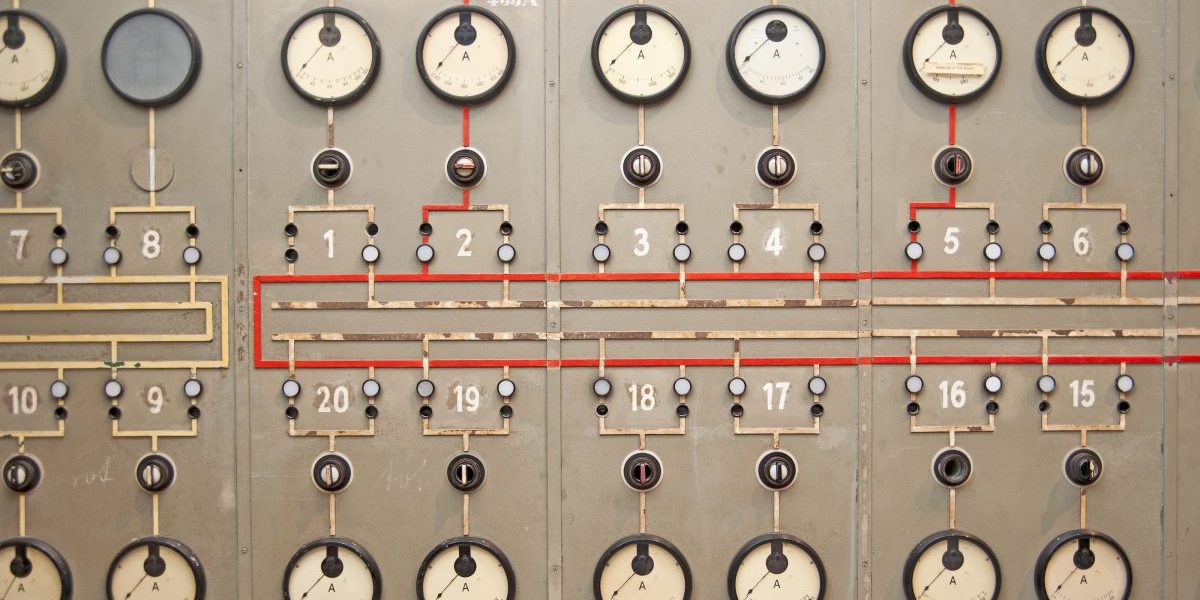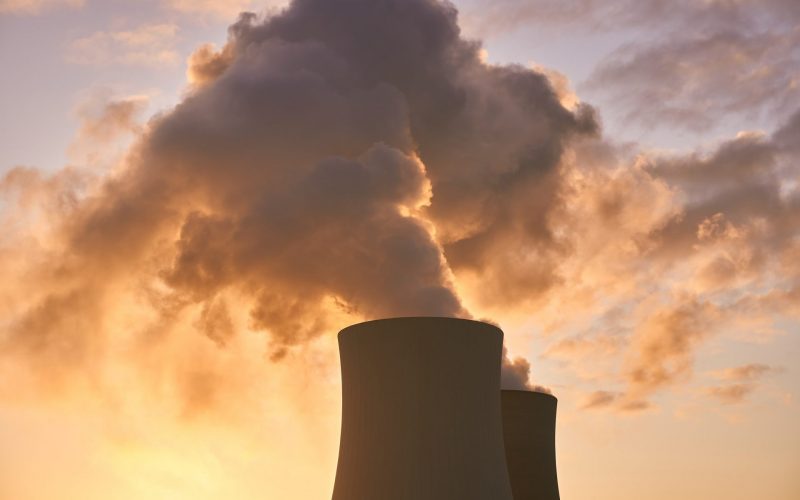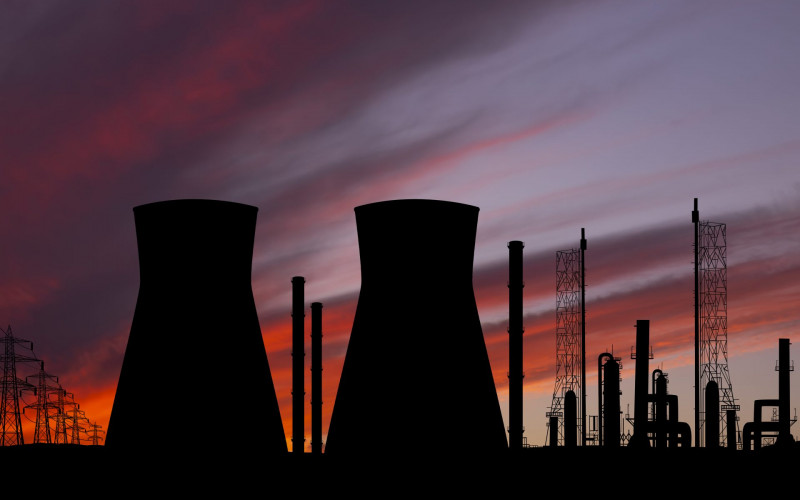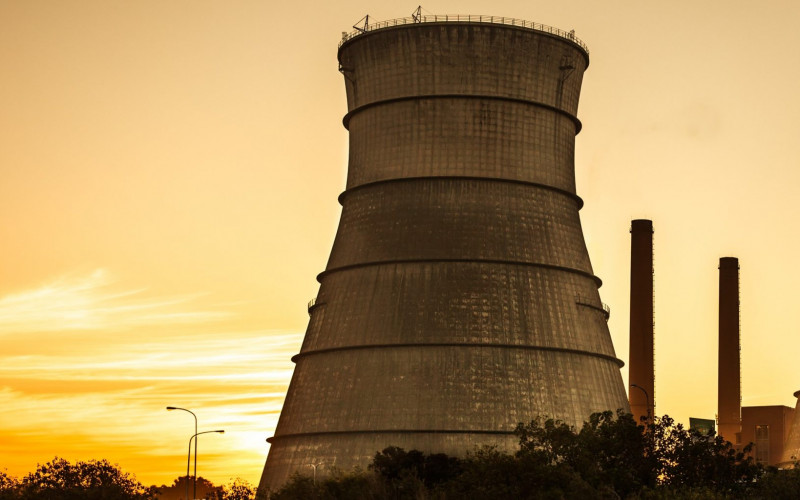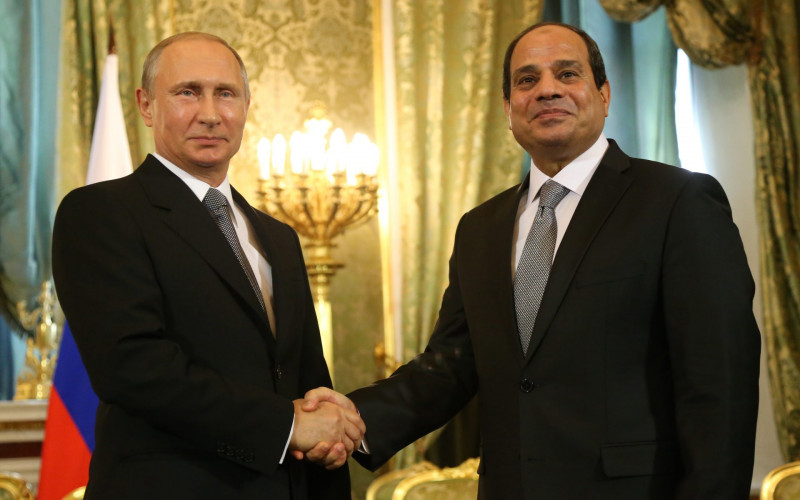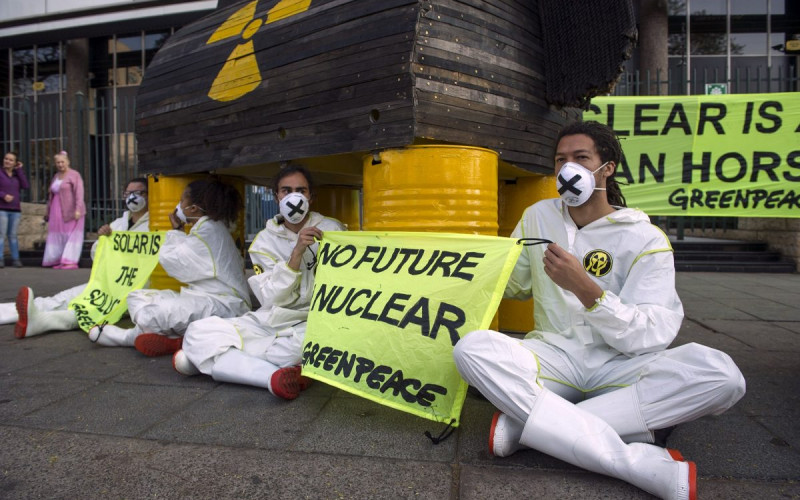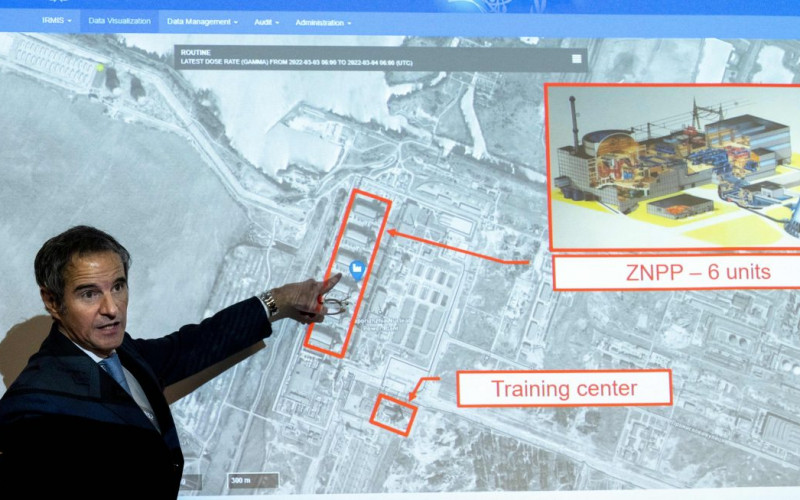Summary:
- South Africa is regarded as the poster child for nuclear disarmament, nuclear non-proliferation and the peaceful use of nuclear energy.
- When the African National Congress assumed power in 1994, it inherited a country free of nuclear weapons. However, South Africa was one of a few African states with a nuclear research reactor, and the continent’s most advanced in terms of nuclear energy and technology.
- Post-apartheid South Africa set out to build on the country’s non-proliferation and disarmament credentials it accumulated once it ratified the Nuclear Non-Proliferation Treaty and signed a Safeguards Agreement with the International Atomic Energy Agency in 1991.
- Since 1994 South Africa has reiterated that a ‘primary goal’ of its foreign policy is to ‘reinforce and promote it as a responsible producer, possessor and trader of defence-related products and advanced technologies in the nuclear, biological, chemical and missile fields’.
- Although the South African government intended to focus on peaceful uses of nuclear energy to achieve the country’s development needs in the 2000s, this did not materialise. Almost a decade of rampant and unhindered corruption and state capture under the Zuma presidency (2009–2018) resulted in financial difficulties for the state. A court ruling in 2017 also ended president Jacob Zuma’s nuclear procurement deal, declaring the agreement with Russia and other vendor countries unconstitutional.
- President Cyril Ramaphosa’s administration has resuscitated the country’s energy expansion plans, issuing a Request for Information in mid-June 2020. Seemingly, a more cautious approach has emerged. However, the country’s continued peaceful use of nuclear energy and its plans to meet its future energy demands by expanding the nuclear energy component of the country’s energy mix continues to face significant challenges as a result of budget constraints, fragmented nuclear governance, ageing infrastructure and dwindling expertise.

